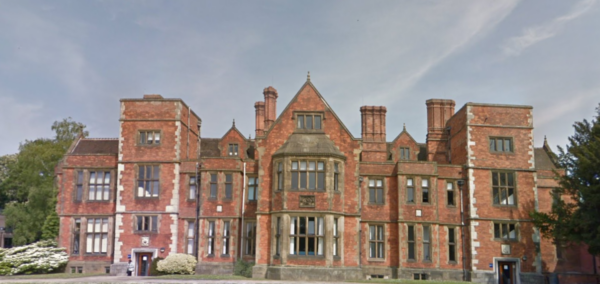
Almost half of Scottish adults support charging for university tuition, new report finds
Many adults support some assistance but feel like those who can afford to pay should have to contribute
A new report found almost half of Scottish adults believe that families should contribute to the cost of their child’s university tuition if they can afford it.
The survey by the Carnegie Trust interviewed 1,057 adults in order to analyse the public’s views on the value, accessibility and funding models of higher education.
It found that 43 per cent of Scottish adults would support the idea of charging university tuition fees based on the ability to pay.
While many support the idea of charging based on the ability to pay, 44 per cent also believed that the Scottish Government should continue supporting all first time undergraduates.

University of Edinburgh
Respondents were also asked where they believe funding should be prioritised, with 61 per cent of respondents prioritising apprenticeship places, followed by 50 per cent support for grants or bursaries for low income and disadvantaged students.
Other respondents prioritised upskilling and retraining programmes (43 per cent) or supporting adults who face barriers to joining university (29 per cent). Only 26 per cent of respondents placed the funding of first-time undergraduates as their top priority.
Sourcing its data from Ipsos, the survey also asked respondents what they felt would be a reasonable amount to charge for a four year degree. The highest amount of support was for between £3,000 and £4,999 per year with 22 per cent of the vote, while between £1,500 and £2,999 and less than £1,500 saw similar responses with 21 per cent and 20 per cent respectively. Only two per cent of respondents said that tuition of over £10,000 per year would be reasonable.
Most Read
Despite some Scots seeming to be against the universal free tuition currently enjoyed by Scottish students, the Scottish Government has distanced themselves from the calls for fee implementation.

University of Glasgow (via Unsplash)
First Minister John Swinney insisted that fees should not be introduced, saying: “It is important that we continue to have no tuition fees in relation to access to higher and further education.
“I believe access to higher and further education should be based on the ability to learn, not the ability to pay.”
The report comes amid a funding crisis in the higher education industry, with Dundee University being one of the most severely impacted with a £35 million deficit and plans to cut the equivalent of 632 full-time jobs to balance the books according to The National.
Hannah Garrow, chief executive for Carnegie Trust for the Universities of Scotland, said: “We know how complex the higher education funding system is and how much rides on it.
“However, recent discussions on how to finance higher education feel like they are stuck on repeat, while for many people funding continues to be seen as a barrier to access.
“This research shows that there is room for a more nuanced and open discussion on priorities for funding.
“If politicians are struggling to come up with solutions, perhaps the public can inject some democratic innovation into the debate.
“The government has already committed to lead the development of a new funding model, so understanding the views of the public as beneficiaries and users of the system is critical.
“We hope that the Scottish Government and all political parties in Scotland will get behind our Citizen Jury and commit to giving its outcomes careful consideration.”





















